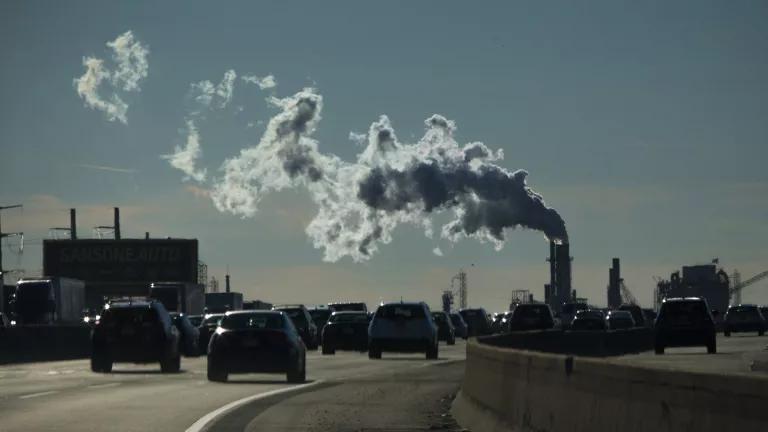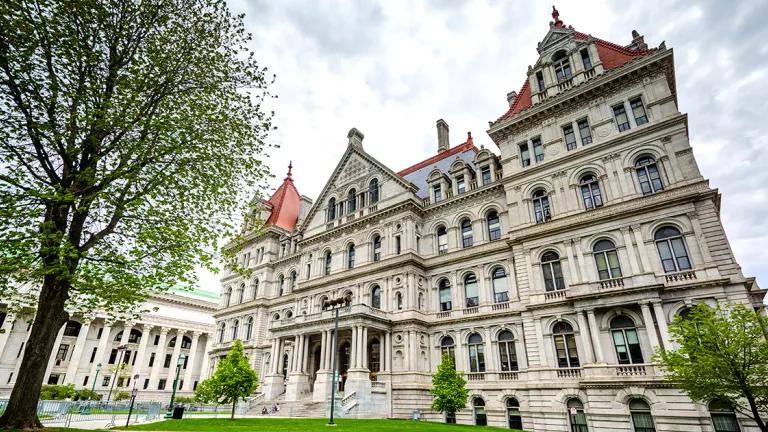Tell the National Park Service to stop oil exploration in the home of the endangered Florida panther
This blog post was authored by Staff Attorney Alison Kelly.
This past summer, the National Park Service received tens of thousands of public comments asking it to reject an oil company's proposal for oil exploration in Florida's Big Cypress National Preserve.
Despite the overwhelming public opposition it received, the National Park Service is moving ahead. It recently issued a proposed Environmental Assessment for plans that would allow oil exploration throughout 70,000 acres within the preserve. Members of the public have until January 4 to speak out against this risky proposal.
There's a lot at stake--from clean water to endangered wildlife.
The preserve feeds clean water to the neighboring Everglades and recharges the drinking water supply for many nearby communities in southwest Florida. It also draws more than one million visitors every year for its prized outdoor recreation opportunities.
On top of that, one of the most endangered mammals in North America lives in the area targeted for oil exploration: the iconic Florida panther. Less than 180 wild Florida panthers remain on Earth. If oil and gas companies destroy its habitat, the results could be catastrophic for their survival.
The panther is not alone. There are seven other federally threatened or endangered species, including the Florida bonneted bat, Everglade snail kite, Wood stork, and Red-Cockaded woodpecker. And a healthy Big Cypress ecosystem is essential to the health of the state's coastal estuaries, which are home to endangered manatees, sea turtles, and countless fish.
The current proposal would allow the Burnett Oil Company to conduct seismic testing with caravans of large diesel "thumper" trucks (weighing in at 67,000 pounds) equipped with vibrating plates. This testing will involve crisscrossing over 70,000 acres -- an area about five times the size of Manhattan. The trucks would mow down vegetation in their way--threatening wildlife in their path and disturbing sensitive habitat. And they would even be allowed to cross parts of the Florida National Scenic Trail. Additionally, the oil company would be allowed to build large "staging areas" in wetlands to house trailers, radio towers, fueling stations for heavy equipment, and a helicopter pad.
And this would be the first step in destructive oil development, including drilling and fracking, that comes with even greater risks.
As my colleague Matt McFeeley put it: "In other words, this iconic natural place--which provides shelter to creatures like the Florida panther that are in danger from disappearing off the face of the Earth forever--would be transformed into an industrial zone."
This exploration alone would have enormous environmental repercussions, but it would only get worse if they find oil. If that happens, the flood gates could open for oil companies clamoring to drill and frack every inch of the preserve.
Please add your voice today to the thousands of Americans who are urging the National Park Service to stop Big Oil's advance toward the iconic Everglades and fully assess the true risks of oil exploration in the Big Cypress National Preserve. Anyone can weigh in by January 4 here.




